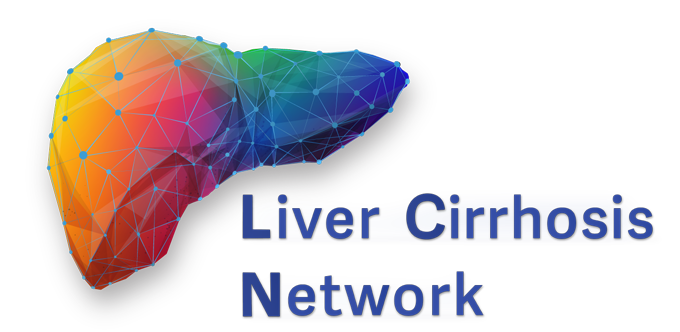Research Study
Research Study
LCN Cohort Study is an observational study designed to better understand what causes people with cirrhosis to get sick and develop complications.
Cirrhosis is a leading cause of disability and death and is becoming more common every year; we hope this study will improve our understanding of how we can keep people with cirrhosis healthier longer.
For this study we are recruiting adults who are 18 years old or older with cirrhosis. We are looking for 1,200 people with cirrhosis to join this study happening at clinics across the country. If you join, you will be in the study for a total of 3 years. Enrolled participants will have study visits every 6 months (180 days), with the option to complete some parts of the study through telehealth visits or remotely.
The visits will include questionnaires, physical exams, non-invasive imaging, and sample collection.
Eligibility Criteria
You might be eligible if:
- You are living with cirrhosis
- You are at least 18 years of age
- You are willing to provide samples at your first visit
FAQs
How do I sign up for the LCN Cohort Study?
Fill out this form to be put in touch with our study team, who can tell you more.
Who will I be seeing for my study appointments? Will it be my regular liver doctor?
You will not be seeing your regular liver doctor during study visits. You will see a member of the research study team.
Does it cost anything?
No. Joining this study is free of charge.
Will I be paid for my time?
Yes. You will be paid for your time if you decide to participate. Payments will be given at each study visit.
Will I be charged for any testing or visits done as part of the study?
No, all costs for any tests or visits performed as part of the study will be covered by the study.
Where can I get more information about liver cirrhosis?
Here’s a link to some more resources: Learn more about liver cirrhosis.
Learn more about Imaging
What is Vibration-Controlled Transient Elastography (VCTE)?
How does it work?
VCTE sends pulse of energy to your liver and provides important information for your liver’s health including fibrosis (scarring) and steatosis (fat).
VCTE examination is carried out by a trained operator. You may feel a slight vibration from the probe, but it is a painless procedure. The examination typically takes 10-15 minutes.
You will be asked to lie on your back with right arm above your head. The operator will place the probe on your abdomen between the rib spaces and trigger the probe to start. The high frequency sound waves will be sent out of the probe in pulses. These pulses will pass through your skin to your liver and then bounce back. You should not feel any pain and the sound waves do not cause any damage to your liver.

What do I need to do?
What is Magnetic Resonance Elastography (MRE)?
How does it work?
An MRE examination is often done as part of the usual MRI exam. The usual MRI liver exam takes 15 to 45 minutes. The MRE part of the test takes about five minutes.
MRI takes images of the inside of the body using a large magnet and computer technology. You will be asked to hold your breath for about 15 seconds while the images are acquired. During the scan, you will lie on a motorized table in a tube that is open on both ends. The scan can be noisy, so you will be given earplugs or headphones. The scan will also test to see how stiff your liver is. To do this, a special pad is placed against your body, over your gown or clothes. It applies vibrations that pass through your liver. You may feel pressure as the device vibrates.

What do I need to do?
There are very few risks known to be associated with MRE scans. Some people may not be able to have the MRE scan at all if they have certain types of metal in their body or implanted devices like pacemakers. Let your study team know if you have those things in your body. If you do, you can still be in the study, but you won’t have the MRE done.
MREs may cause anxiety or claustrophobia (fear of enclosed spaces) due to the loud banging made by the machine and the confined space of the testing area. MRE exams may cause discomfort from the vibrations or from having to lie still on your back.
Partnership of Participating Organizations

